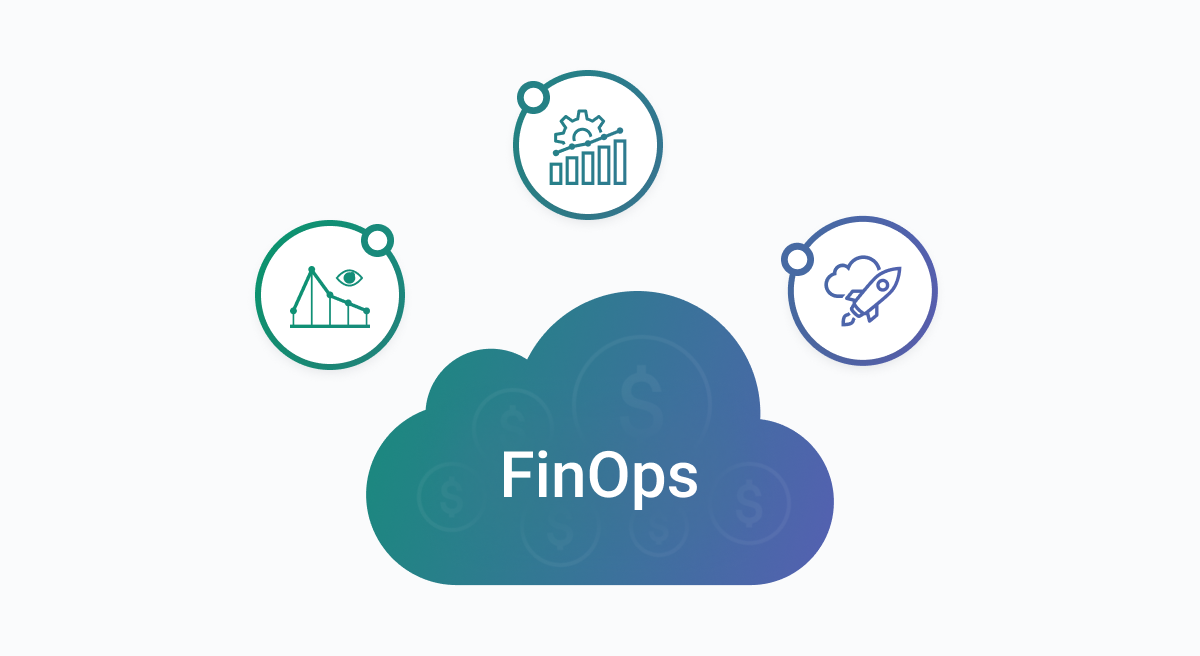The dynamic field of cloud financial management is continuously evolving, with several key patterns shaping its future direction and the capabilities of its supporting platforms. Among the most significant Cloud FinOps Market Trends, the powerful push towards automation is paramount. While early FinOps focused on providing visibility and recommendations, the current trend is to automate the entire optimization lifecycle. This includes automatically identifying and terminating idle or "zombie" resources, programmatically purchasing and managing cloud commitments like Reserved Instances and Savings Plans to maximize discounts, and even using AI to dynamically right-size workloads based on real-time utilization patterns. This trend toward "no-touch" optimization is crucial for managing cloud costs effectively at the massive scale of modern enterprises.
Another transformative trend is the "shifting left" of cost awareness, which involves embedding cost considerations directly into the software development lifecycle. Instead of analyzing costs after deployment, leading organizations are using FinOps tools that integrate with their CI/CD pipelines. This provides engineers with cost estimates for their infrastructure changes before they are deployed to production, allowing them to make more cost-effective architectural choices from the very beginning. This trend empowers engineers to take ownership of their cloud spend and treats cost as a first-class metric alongside performance and security, fostering a more holistic and efficient engineering culture.
Finally, a crucial trend is the expansion of the FinOps discipline to include environmental sustainability, a practice often referred to as "GreenOps." Organizations are recognizing that the same principles used to optimize for cost—such as eliminating idle resources and improving utilization efficiency—also directly lead to a reduction in energy consumption and a lower carbon footprint. Leading FinOps platforms are beginning to incorporate features that allow companies to measure, report on, and reduce the environmental impact of their cloud usage. This trend aligns financial objectives with corporate sustainability goals, broadening the scope and strategic importance of the FinOps practice within the modern, socially conscious enterprise.



